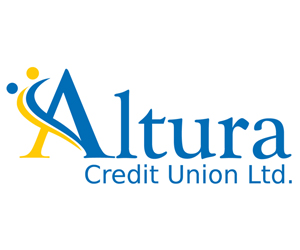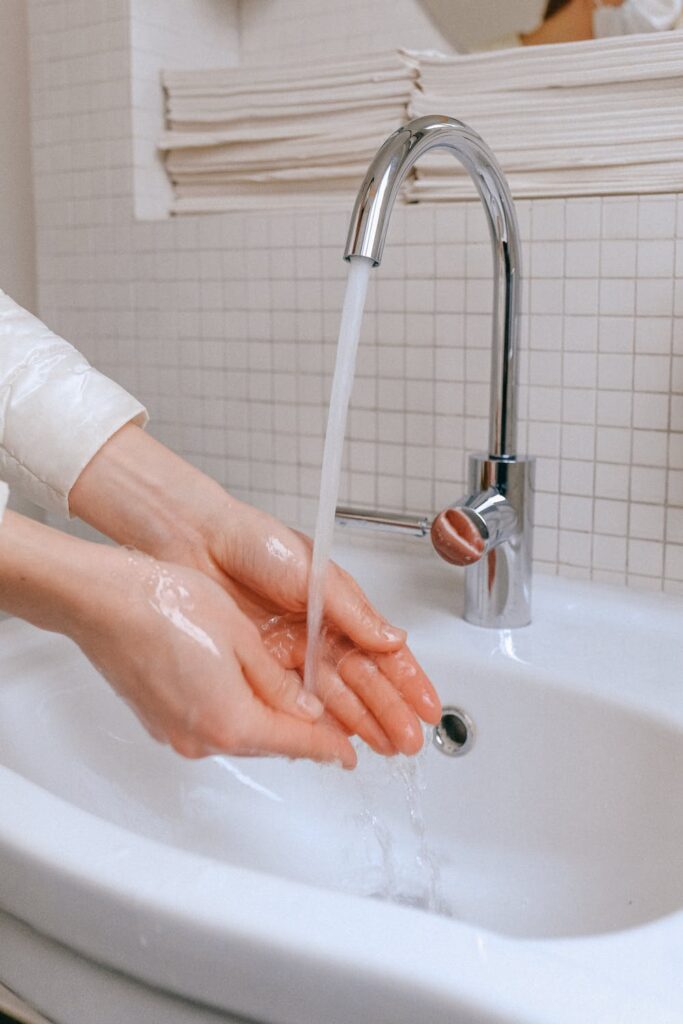Following consultation with the Health Service Executive, Irish Water and Wexford County Council are issuing a Boil Water Notice with immediate effect to protect the health of consumers supplied by the Wexford Town Public Water Supply.
A map of the affected area is attached. If any customer is unsure on whether or not the Boil Water Notice applies to their area, please visit www.water.ie or alternatively, customers can contact the Irish Water customer care helpline on 1800 278 278.
The Boil Water Notice has been put in place due to issues at the water treatment plant which has affected the disinfection process. The notice affects approximately 21,000 people supplied by the Wexford Town Public Water Supply.
Irish Water and Wexford County Council continue to work to rectify the issues at Wexford Town Water Treatment Plant with a view to lifting the notice as quickly and as safely as possible. In the meantime, all customers on this supply are advised to boil their water before use until further notice.
Vulnerable customers who have registered with Irish Water will receive direct communication on this Boil Water Notice.
Irish Water’s Pat Duggan said: “Public health is Irish Water’s number one priority and we appreciate the impact that this notice will have on the community and businesses of Wexford Town. However, the restriction has been put in place to protect our consumers. Irish Water and Wexford County Council are working tirelessly to resolve the issues affecting the plant and lift the boil water notice early as it safe to do so.”
In line with HSE COVID-19 advice and the requirement for frequent hand washing, Irish Water advises that the water remains suitable for this purpose and boiling the water is not required.
Vulnerable customers are reminded that the water is safe to consume once boiled.
Water must be boiled for:
Drinking
Drinks made with water
Preparation of salads and similar foods, which are not cooked prior to eating
Brushing of teeth
Making of ice – discard ice cubes in fridges and freezers and filtered water in fridges. Make ice from cooled boiled water.
What actions should be taken:
Use water prepared for drinking when preparing foods that will not be cooked (e.g. washing salads)
Water can be used for personal hygiene, bathing and flushing of toilets but not for brushing teeth or gargling
Boil water by bringing to a vigorous, rolling boil (e.g. with an automatic kettle) and allow to cool. Cover and store in a refrigerator or cold place. Water from the hot tap is not safe to drink. Domestic water filters will not render water safe to drink
Caution should be taken when bathing children to ensure that they do not swallow the bathing water
Prepare infant feeds with water that has been brought to the boil once and cooled. Do not use water that has been re-boiled several times. If bottled water is used for the preparation of infant feeds it should be boiled once and cooled. If you are using bottled water for preparing baby food, be aware that some natural mineral water may have high sodium content. The legal limit for sodium in drinking water is 200mg per litre. Check the label on the bottled water to make sure the sodium or `Na’ is not greater than 200mg per litre. If it is, then it is advisable to use a different type of bottled water. If no other water is available, then use this water for as short a time as possible. It is important to keep babies hydrated.
Great care should be taken with boiled water to avoid burns and scalds as accidents can easily happen, especially with children.
Irish Water is working closely with Carlow County Council to lift the notice as soon as it is safe to do so. Updates will be available on our Water Supply Updates section on water.ie, on Twitter @IWCare and via our customer care helpline, open 24/7 on 1800 278 278. Further information in relation to the Boil Water Notice is available from https://www.water.ie/water-supply/water-quality/boil-water-notice/
Irish Water is responsible for the delivery of all public water and wastewater services in Ireland. We are committed to continuously upgrading and developing critical infrastructure to support the growth needed in housing and across our economy, while protecting the environment and safeguarding water supplies.
Follow South East Radio on:
Facebook – Instagram – Twitter – Linkedin


